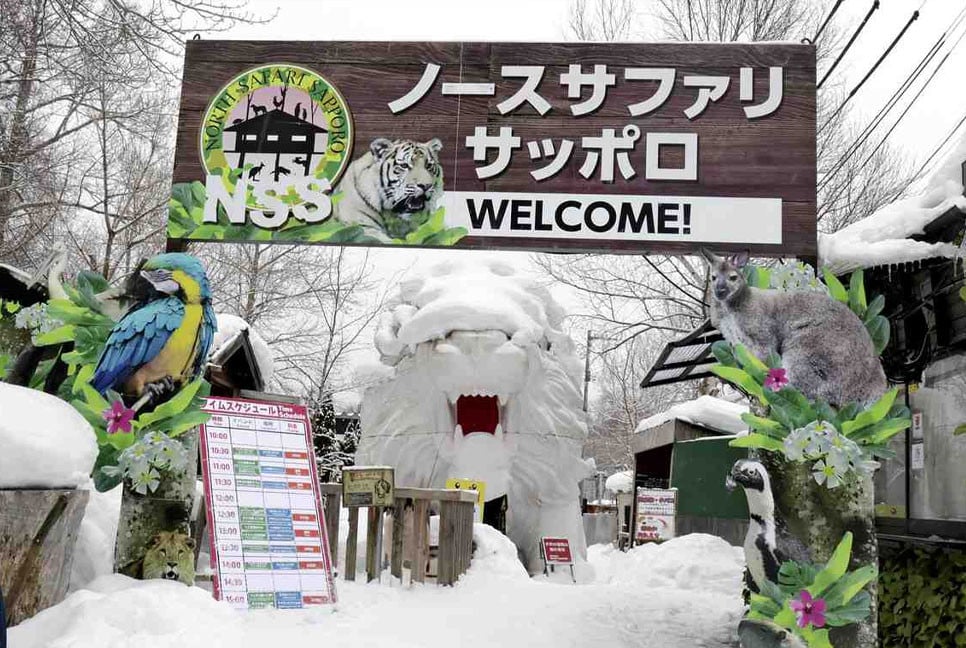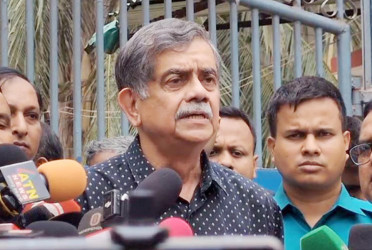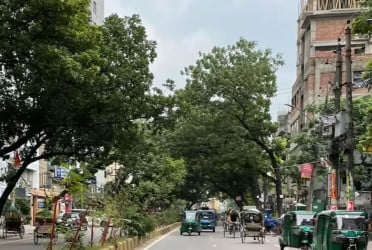The Sapporo municipal government plans to issue a closure order for North Safari Sapporo, a zoo that has been expanding illegally for nearly 20 years. The order, issued under the City Planning Law, will require the removal of all zoo buildings, including animal enclosures and offices. According to city officials, this will be the first such order for a zoo in Japan, reads a Japan News report.
Located in a mountainous area about 20 kilometers southwest of central Sapporo, the zoo opened in July 2005. It houses around 150 animal species, including lions, tigers, and Asian black bears. The attraction gained popularity for its hands-on experiences, allowing visitors to enter cages and feed tigers, earning it the nickname "Japan’s Most Dangerous Zoo" in media reports.
A building disposition order allows authorities to forcibly remove unauthorized structures. If the zoo operator, Success-Kanko Corp., fails to comply, it could face penalties of up to a year in prison or fines of ¥500,000.
The municipal government says the zoo was built within an urbanization control area, where construction requires advance permission. In 2004, before the zoo opened, authorities discovered unauthorized construction and directed the company to obtain the necessary permits. However, the zoo continued building without approval, eventually expanding to around 150 structures. Despite repeated written and verbal warnings over the years, the company never complied.
A senior municipal official suggested the company may have never intended to seek approval, given the high costs and effort required to meet regulations.
Public criticism of the zoo intensified in November after reports surfaced of questionable practices, including allowing overnight stays in a room with an observation window into a seal enclosure, raising concerns about animal welfare. The municipal government has received over 500 complaints, and an online petition calling for the zoo’s closure and government intervention is gaining traction.
Officials say the company’s long history of defying regulations, combined with growing public outcry, prompted the city to take stricter action. Before issuing the final closure order, authorities will notify the company and hold a hearing to review its response.
The zoo also faced issues with its legal registration. When it first opened, it failed to register as a Type 1 Animal Handling Business, a requirement for operating a zoo. The city directed the company to take corrective action, and in May 2006, it received approval. However, despite ongoing violations of City Planning Law, authorities continued to renew the company’s business licenses for food and lodging facilities, citing different regulatory frameworks.
A city official defended this approach, stating that since animals were already on-site, officials had to prioritize their welfare. However, the city is now facing scrutiny for allowing the zoo to operate for nearly two decades despite ongoing legal violations.
When contacted by The Yomiuri Shimbun, a company representative declined to comment.
Bd-pratidin English/ Jisan



























































